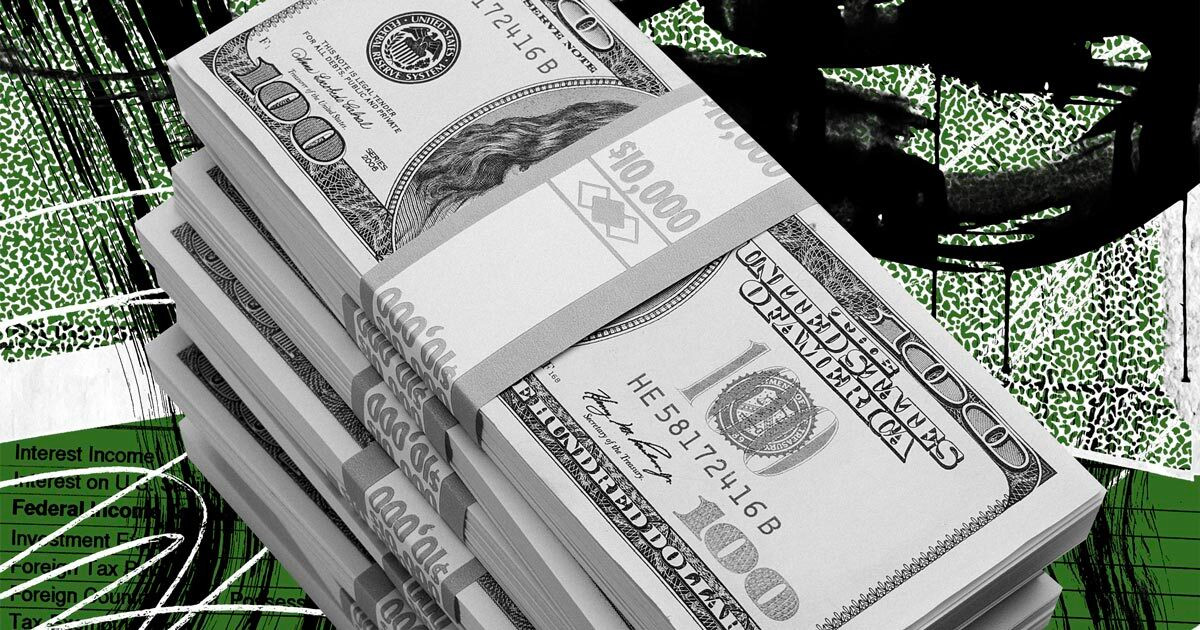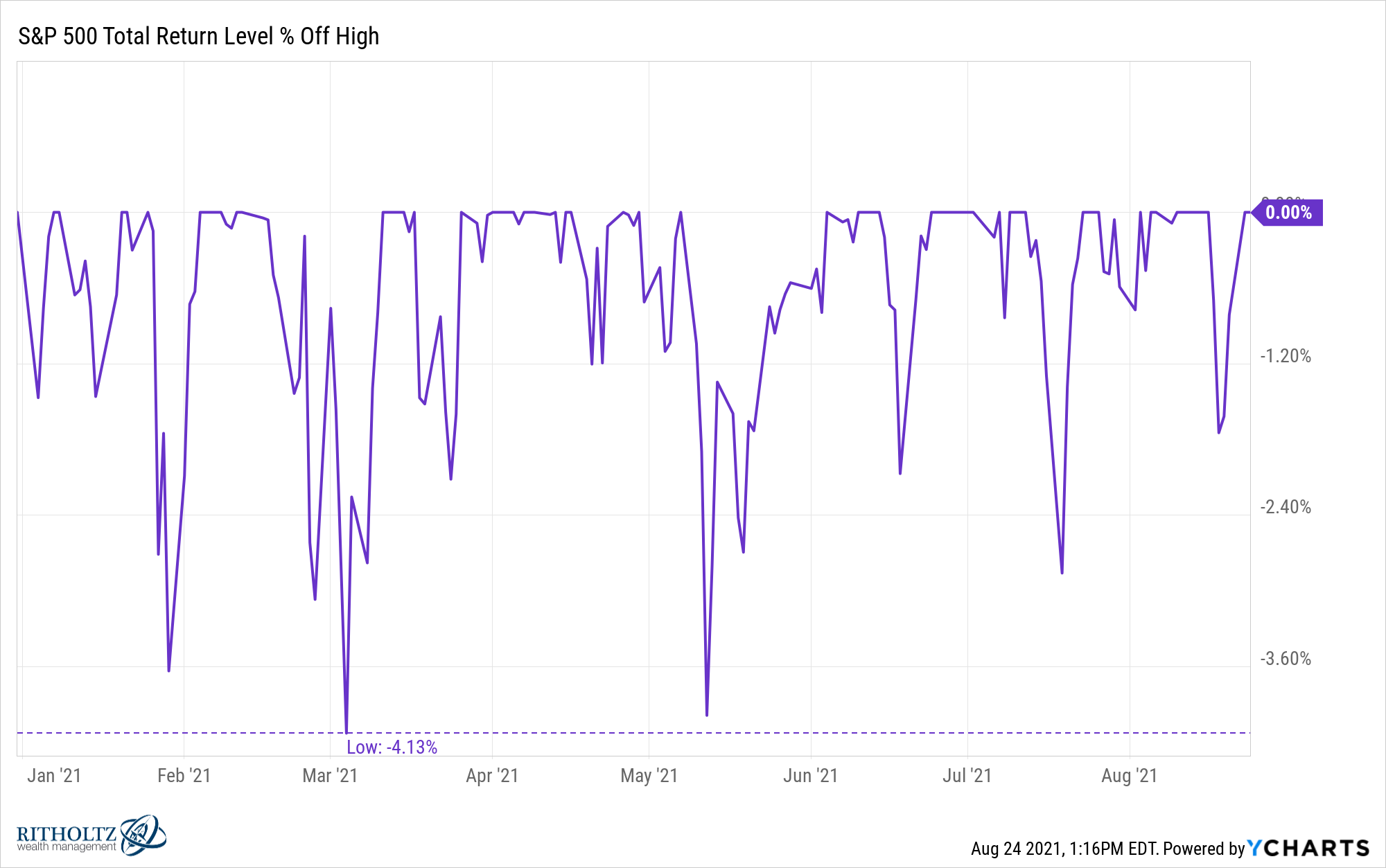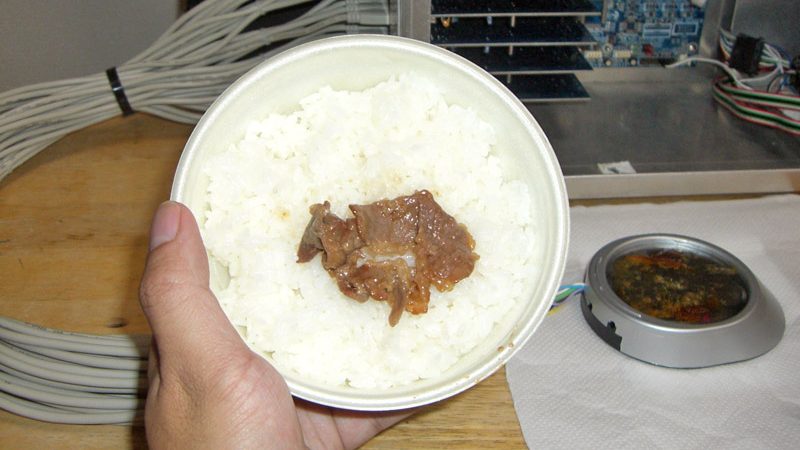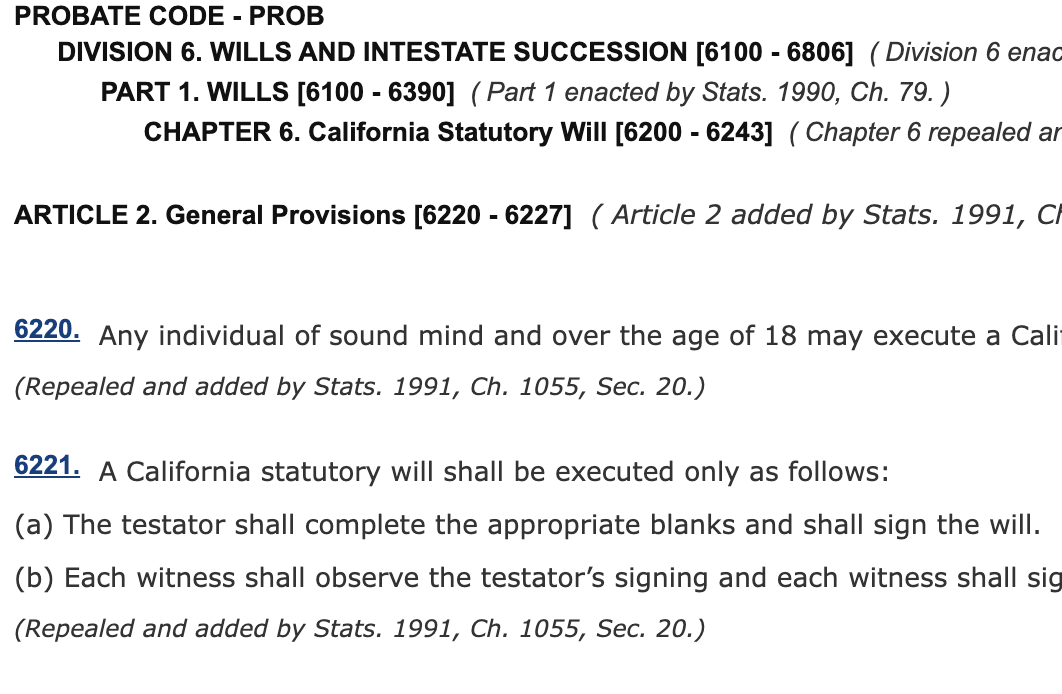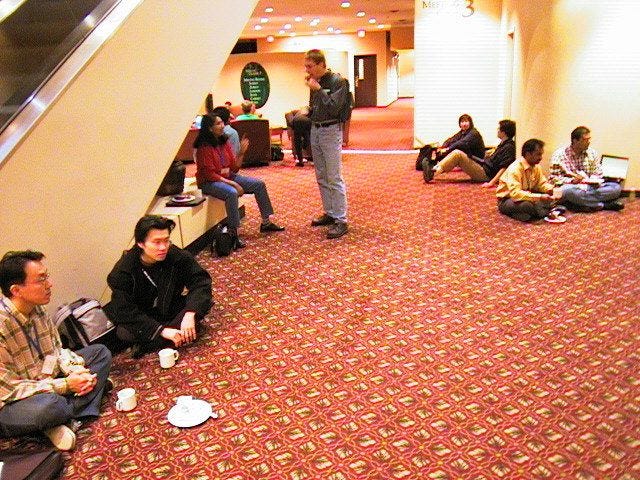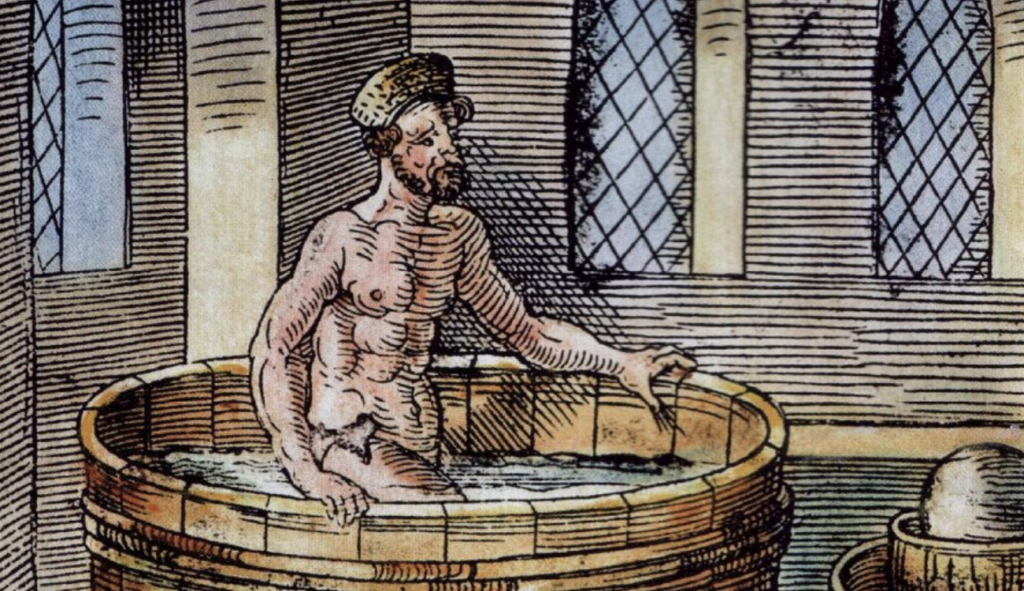
Why You Do Your Best Thinking In The Shower: Creativity & the “Incubation Period”
So begins one translation of the Tao Te Ching’s 18th Chapter. The sentence captures the frustration that comes with a lost epiphany. Whether it’s a profound realization when you just wake up, or moment of clarity in the shower, by the time your mind’s gears start turning and you grope for pen and paper, the enlightenment has evaporated, replaced by muddle-headed, fumbling “what was that, again?”
The sudden flashes of insight we have in states of meditative distraction—showering, pulling weeds in the garden, driving home from work—often elude our conscious mind precisely because they require its disengagement. When we’re too actively engaged in conscious thought—exercising our intelligence, so to speak—our creativity and inspiration suffer. “The great Tao fades away.”
The intuitive revelations we have while showering or performing other mindless tasks are what psychologists call “incubation.” As Mental Floss describes the phenomenon: “Since these routines don’t require much thought, you flip to autopilot. This frees up your unconscious to work on something else. Your mind goes wandering, leaving your brain to quietly play a no-holds-barred game of free association.”
